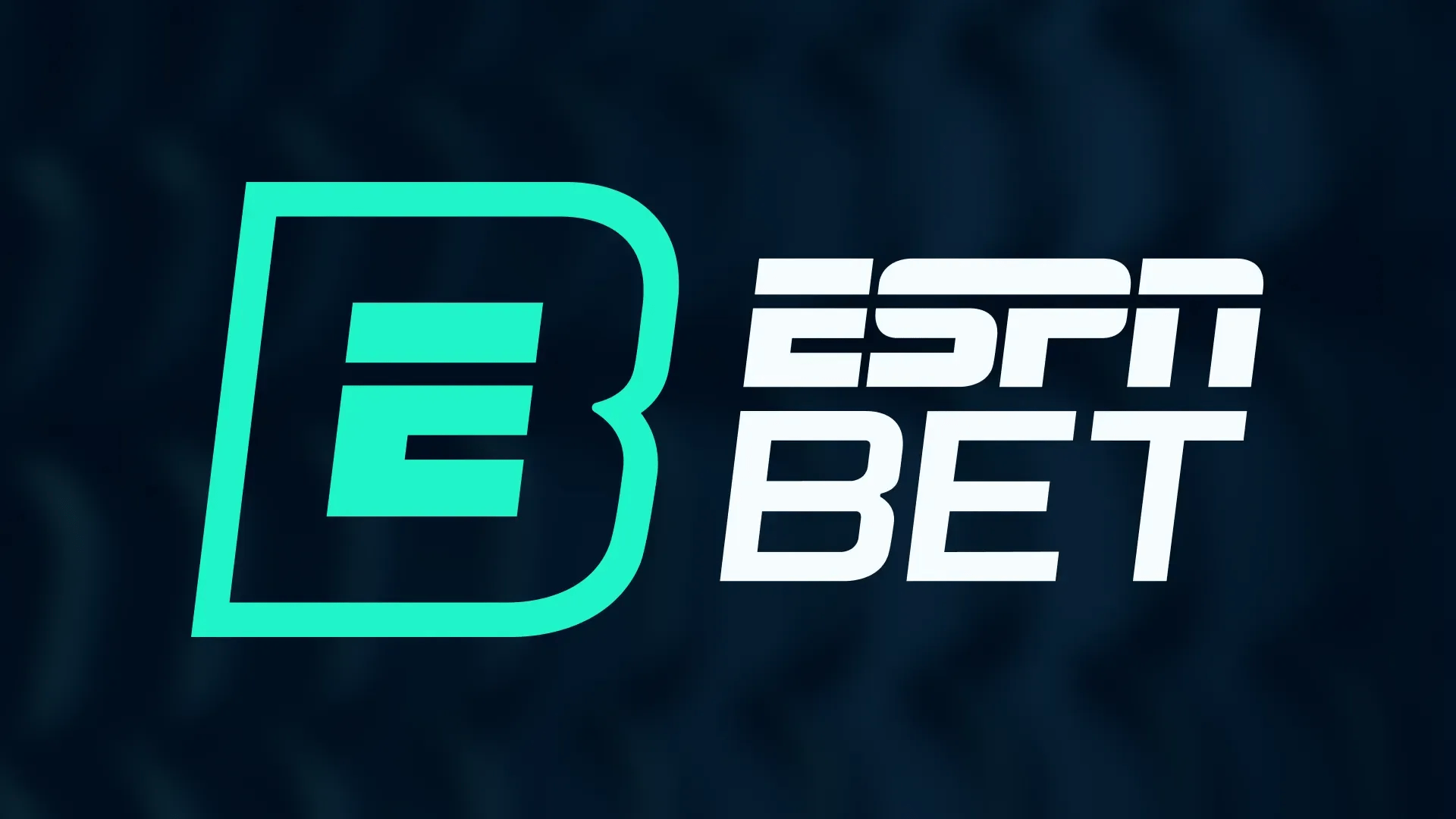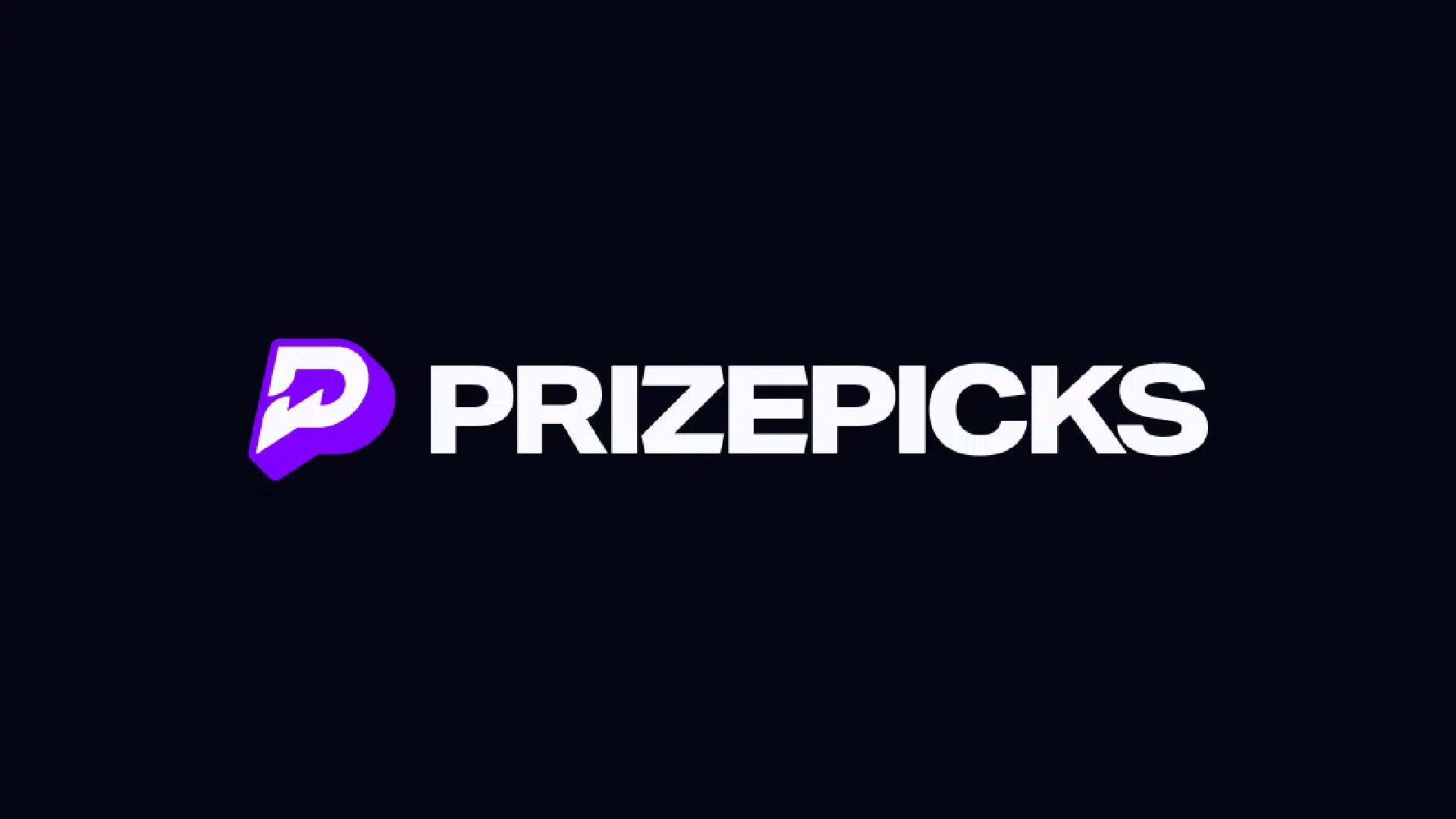
Late Friday, Penn National Gaming (NASDAQ: PENN) reacted to a report issued earlier that day by Institutional Shareholder Services (ISS), in which the advisory firm advised the gaming company’s shareholders to support a dissident directors slate suggested by hedge fund HG Vora.
The parent company of ESPN Bet clarified its support for Johnny Hartnett and Carlos Ruisanchez—two candidates proposed by Vora—joining the board, but reiterated its justification for rejecting William Clifford’s candidacy. Penn highlighted that ISS's report indicated the gaming company's board “seems to have thoroughly assessed all three dissident candidates.”
Clifford, noted by ISS for his relevant credentials in the gaming industry, has connections to Penn, having previously held the role of chief financial officer at the operator. That seems to be what’s obstructing his candidacy. In reply to the ISS report, Penn stated that Clifford was opposed to changes, and after he departed that position in 2013, those modifications were implemented, leading to “significant margin enhancement.”
Clifford Considers “Outdated,” According to Penn
Since Jay Snowden assumed the role of chief executive officer of Penn in January 2020, the company has sought to evolve from a dormant regional casino operator to a modern online gaming enterprise. Setbacks in that area are key to Vora’s case for three board seats, and it seems Clifford aligns with the hedge fund’s view.
"Mr. Clifford demonstrated antiquated views of a rapidly changing industry, and the same posture of resistance to exploring value-generating solutions, which we believe would hinder constructive decision-making,” according to Penn’s statement.
Vora has voiced disappointment that Penn lowered the count of director positions available for election at the annual meeting on June 17 from three to two, labeling it an “insult” to shareholder democracy. In its statement on Friday, the casino operator emphasized that it sought to reach a friendly agreement with the money manager, but those attempts were unsuccessful.
“PENN attempted multiple resolutions with HG Vora, but all of our resolution attempts were rejected. Given HG Vora’s violation of its institutional waivers by multiple state gaming regulators, our ability to allow HG Vora to influence the governance of the Company beyond the evaluation of the nominees was expressly prohibited,” according to the press release.
Penn Claims It Has Promptly Revamped Board
Penn further mentioned that after the forthcoming annual meeting, 75% of its directors, with Hartnett and Ruisanchez included, will have become board members since 2019. Though that disproves any claim that the board is outdated, it’s probably insufficient for Vora and other dissatisfied investors.
One of the hedge fund's main arguments for reform at Penn is that the board has enabled Snowden's online sports betting desires, permitting him to guide Penn into a series of transactions that many investors think resulted in losses surpassing the company's present market worth. The returns on those investments have been minimal since ESPN Bet — Penn’s newest sports betting initiative — holds a small market share in the US.
Possibly strengthening Vora’s case is the fact that although Penn’s board has changed significantly since 2019, Snowden took over in 2020 and quickly aimed to enter the online sports betting sector. Vora highlighted that after Penn shares reached their peak in 2021, the stock has fallen significantly while the board approved substantial compensation packages for the CEO.

 UK
UK








